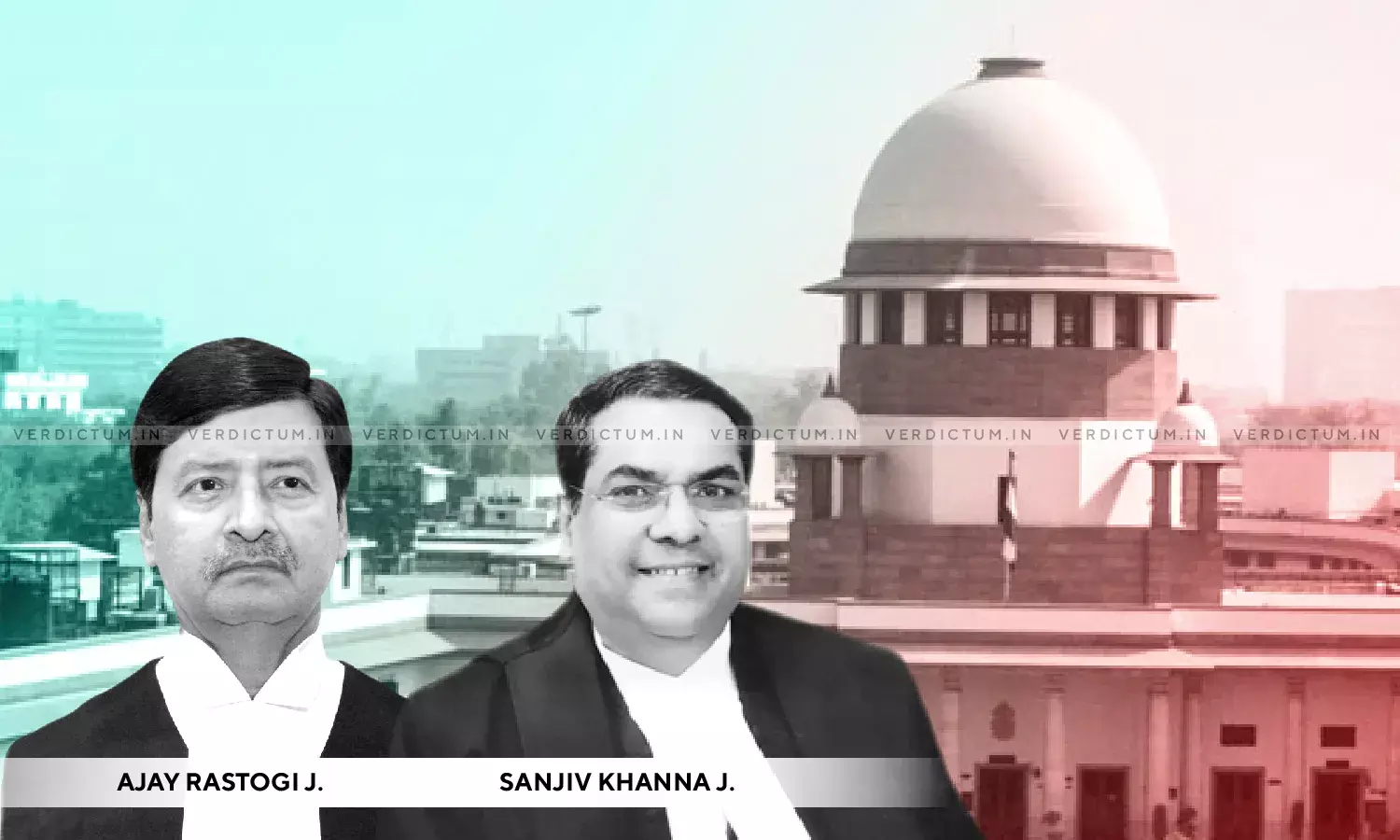Only Date Of Filing Of Writ Petition Is Relevant While Examining Question Of Delay And Laches Or Limitation - Supreme Court

A two-judge bench of Justice Ajay Rastogi and Justice Sanjiv Khanna has held that only the date of filing of Writ Petition is relevant while examining the question of delays and laches or limitation.
In this case, permanent employees of the Respondent Corporation were erroneously granted a higher grade pay scale. Consequently, the employees received excessive benefits which were duly recovered by the Respondent-Corporation in 2010.
In 2017 the employees (Appellants) approached the Gujarat High Court challenging the order issued by the Respondent-Corporation in 2010 whereby the higher pay-scale granted to the employees was withdrawn and the excess amount issued, recovered.
The Division Bench of the High Court of Gujarat, in view of the delay and laches by the Appellants in approaching the court, restricted the grant of a higher pay scale and declined the prayer of the employees for recovery of arrears from 2010.
Challenging this judgment the appellants approached the Apex Court.
The Supreme Court noted that in Union of India and Others v. Tarsem Singh where a delay of 16 years in approaching the court for claiming arrears occurred, it was held that while a belated service claim will, as a norm, be rejected on the ground of delay of laches or limitation, an exception is made in case of a continuing wrong.
Thus, where a service-related claim arises out of a continuing wrong, relief can be sought and granted despite a long delay given that the grievance is related to an order/administrative decision related to/affecting others, and re-opening such an issue would not affect the settled rights of any third parties.
The Court also noted that in case of claims involving seniority/promotion affecting others, any delay in approaching the court would attract the application of Doctrine of Laches/Limitation. In matters related to the recovery of arrears arising in the past, the principle of recurring/successive wrongs will be applicable.
Relying on the Supreme Court's decision in Tarsem Singh, of restricting the grant of relief concerning arrears to 3 years before the date of the writ petition, or from the date of demand to the date of the writ petition, whichever is lesser – The appellants were made entitled to arrears in the pay scale for the period of 3 years prior to the date of filing of the writs with 7% interest rate per annum.
The Bench partly allowed the appeal and partly set aside the judgment of the High Court.
Click here to read/download the Judgment

